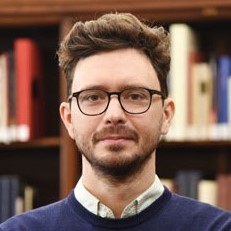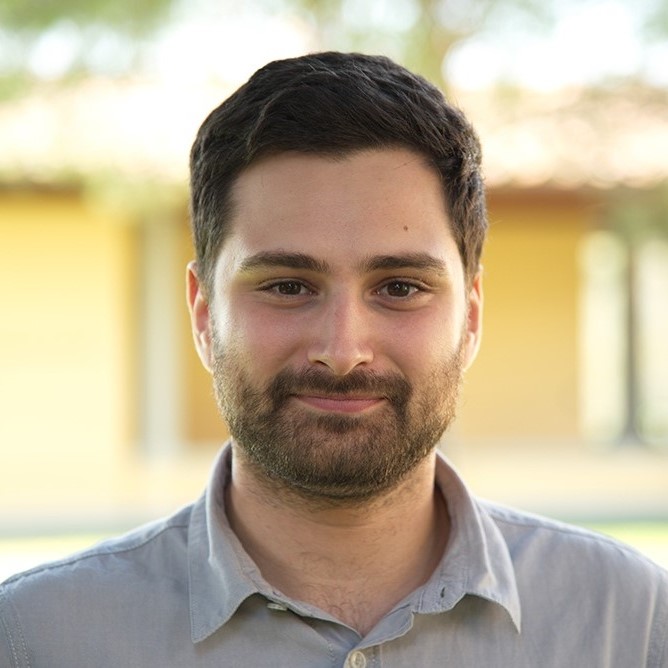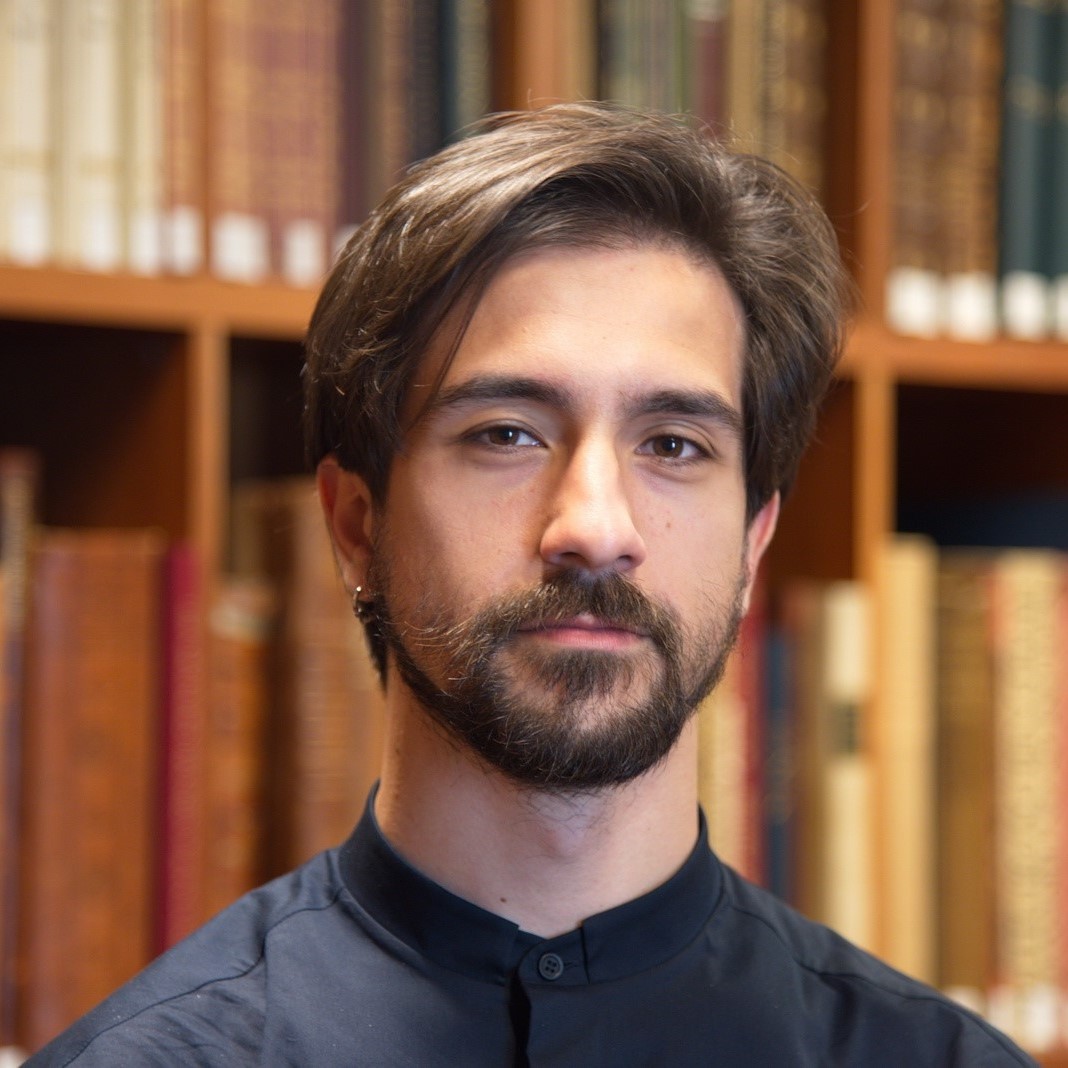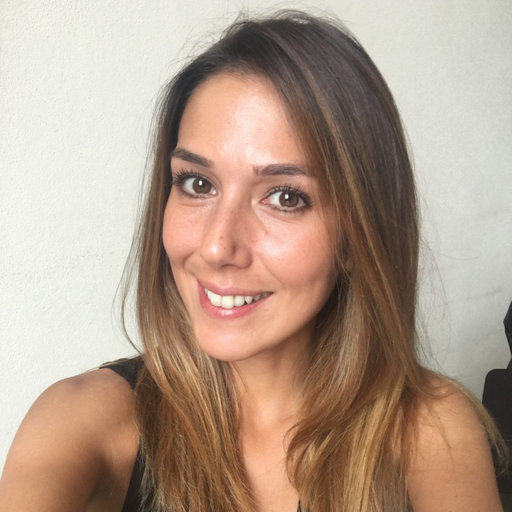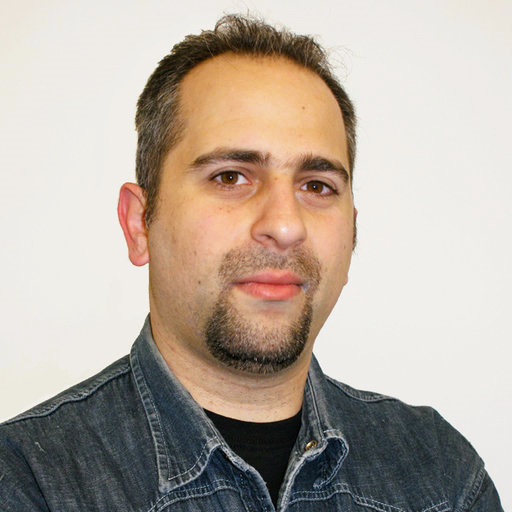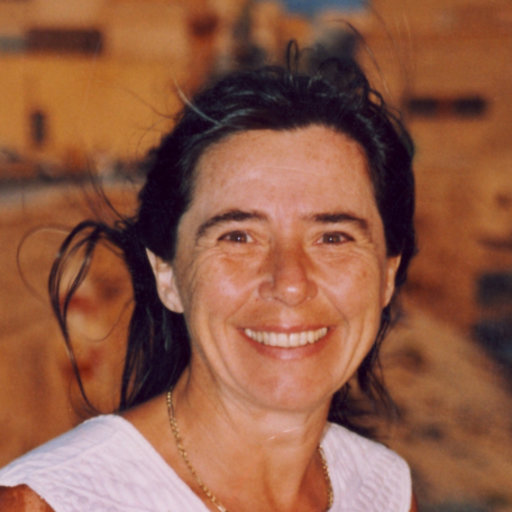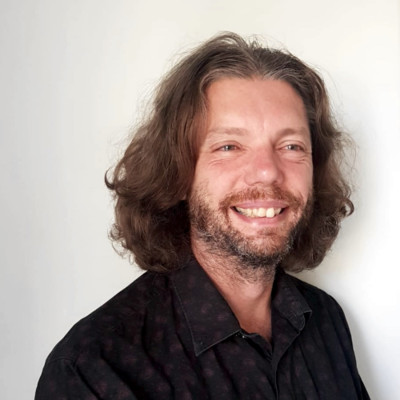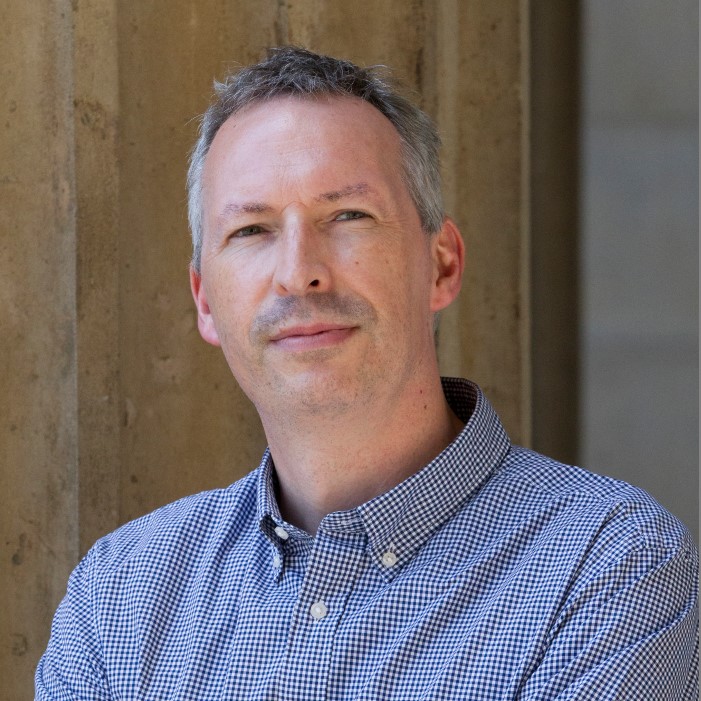
Dominic Oldman was the Head and Principal Investigator of the ResearchSpace project at the British Museum and a Senior Curator in the Department of Ancient Egypt and Sudan. He is an interdisciplinary researcher with a focus on digital research methods and digital historiography. He is now a Director of Kartography CIC which develops and maintains the ResearchSpace system - a new type of contextualising knowledge base system promoting collaborative interdisciplinary research and allowing people to grow and synthesise knowledge that relates to and reveals different aspects of history and society. He is deputy co-chair of the CIDOC CRM (Conceptual Reference Model) Special Interest Group and is currently a DPhil student at the University of Oxford, History Department.
